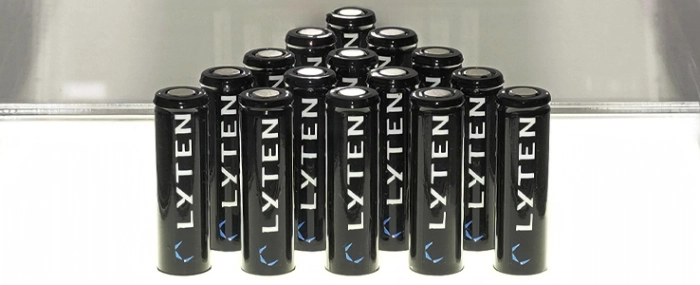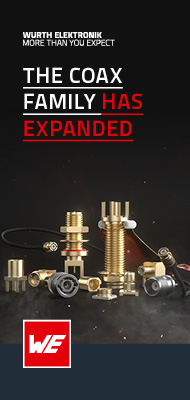
Lyten announces drone propulsion initiative powered by Li-S batteries
The initiative, to meet the needs of US defense applications, is built on a next-gen drone energy storage system powered by Lyten’s ultra-lightweight lithium-sulfur (Li-S) batteries.
Supermaterial applications company Lyten has announced a new initiative to support the growing demand for high-endurance, wide-operational-radius drones for US defense applications.
The initiative is built on a next-generation drone energy storage system powered by Lyten’s ultra-lightweight lithium-sulfur (Li-S) batteries. Lyten is dedicating production capacity in its California manufacturing facilities to meet the unique needs of the US defense, unmanned aerial vehicle (UAV) and satellite sectors, the company said.
Lyten’s US-sourced and manufactured lithium-sulfur batteries are uniquely positioned to help the Department of Defense by reducing dependence on foreign and adversarial supply chains for critical minerals, components and batteries; and enabling the deployment of lighter, longer range and more capable UAV platforms, according to a media release.
“Defense initiatives increasingly rely on unmanned, autonomous systems, yet nearly all these systems are powered by raw materials and batteries sourced from geopolitical rivals,” said Dan Cook, Lyten Co-Founder and CEO. “We built Lyten’s lithium-sulfur battery platform to solve exactly this problem — to provide lightweight, high performance battery power that is locally sourced and locally manufactured in the United States.”
Lyten’s lithium-sulfur batteries are free from nickel, manganese, cobalt and graphite — minerals dominated by Chinese supply chains — enabling a secure, National Defense Appropriations Act (NDAA)-compliant energy solution for defense platforms, the company said.
“Lightweight propulsion is of critical importance to so many industries,” said Celina Mikolajczak, Lyten’s Chief Battery Technology Officer. “Satellites, drones, EVs, and micromobility can all dramatically improve in performance with lighter weight batteries. We have designed the lithium-sulfur battery platform to provide this lightweight performance, while avoiding materials subject to growing geopolitical and supply chain constraints.”



